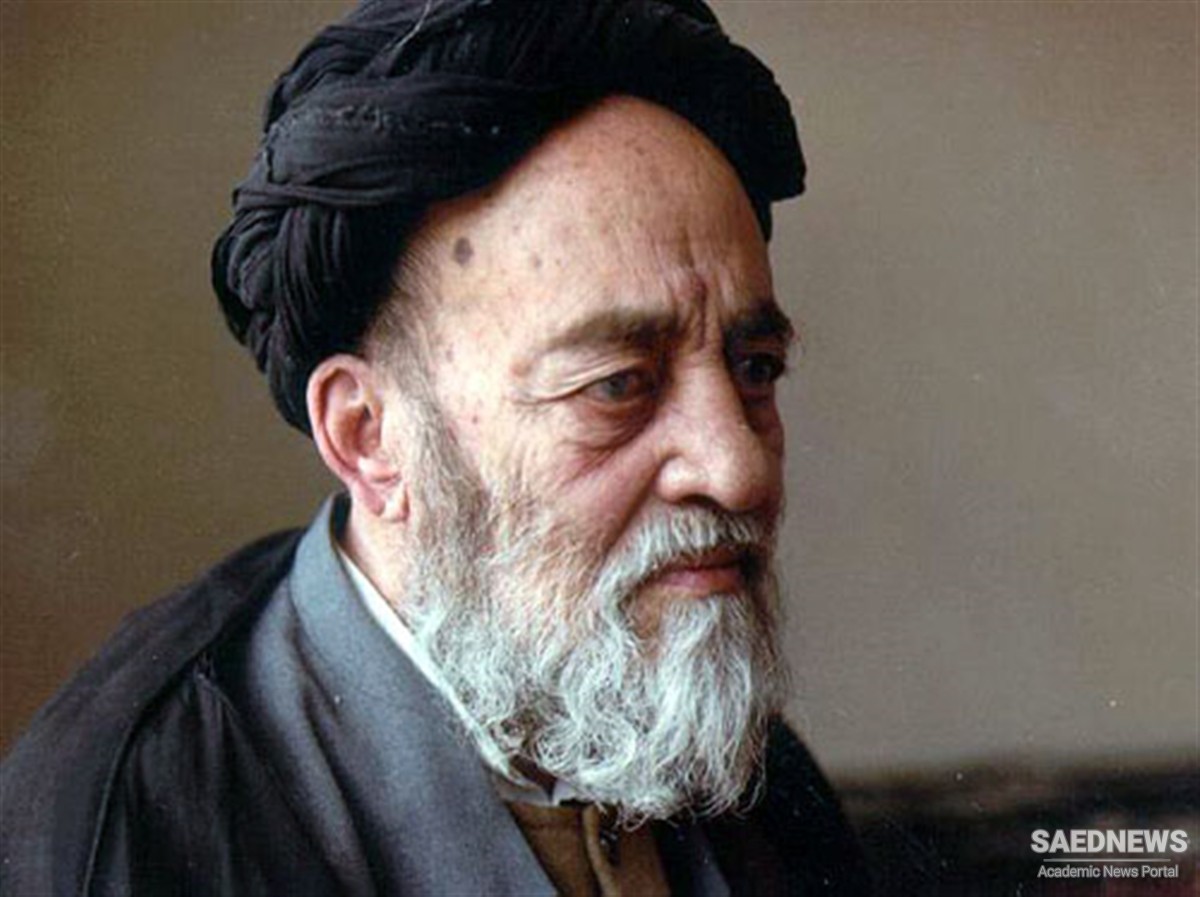Only after such clarifica- tions were made could the application of these teachings to the social order be considered. In other words, Shi'ism believed that, before all else, members of society should be able to gain a true vision of the world and of men based on the real nature of things. Only then could they know and perform their duties as human beingsin which lay their real welfare-even if the performance of these religious duties were to be against their desires. After carrying out this first step a religious government should preserve and execute real Islamic order in society in such a way that man would worship none other than God, would possess personal and social freedom to the extent possible, and would benefit from true personal and social justice.
These two ends could be accomplished only by a person who was inerrant and protected by God from having faults. Otherwise people could become rulers or religious authorities who would not be free from the possibility of distortion of thought or the committing of treachery in the duties placed upon their shoulders. Were this to happen, the just and freedom-giving rule of Islam could gradually be converted to dictatorial rule and a completely autocratic government. Moreover, the pure religious teachings, could become, as can be seen in the case of certain other religions, the victims of change and distortion in the hands of selfish scholars given to the satisfaction of their carnal desires. As confirmed by the Holy Prophet, Ali followed perfectly and completely the Book of God and the tradition of the Prophet in both words and deeds. As Shi'ism sees it, if, as the majority say, only the Quraysh opposed the rightful caliphate of Ali, then that majority should have answered the Quraysh by asserting what was right. They should have quelled all opposition to the right cause in the same way that they fought against the group who refused to pay the religious tax (zakat). The majority should not have remained indifferent to what was right for fear of the opposition of the Quraysh.
What prevented the Shi'ah from accepting the elective method of choosing the caliphate by the people was the fear of the unwholesome consequences that might result from it: fear of possible corruption in Islamic government and of the destruction of the solid basis for the sublime religious sciences. As it happened, later events in Islamic history confirmed this fear (or prediction), with the result that the Shi'ites became ever firmer in their belief. During the earliest years, however, because of the small number of its followers, Shi'ism appeared outwardly to have been absorbed into the majority, although privately it continued to insist on acquiring the Islamic sciences from the Household of the Prophet and to invite people to its cause. At the same time, in order to preserve the power of Islam and safeguard its progress, Shi'ism did not display any open opposition to the rest of Islamic society. Members of the Shi'ite community even fought hand in hand with the Sunni majority in holy wars (jihad) and participated in public affairs. Ali himself guided the Sunni majority in the interest of the whole of Islam whenever such action was necessary.


 The Early Development of Shia Islam: Prophecy and Its Continuation
The Early Development of Shia Islam: Prophecy and Its Continuation














































